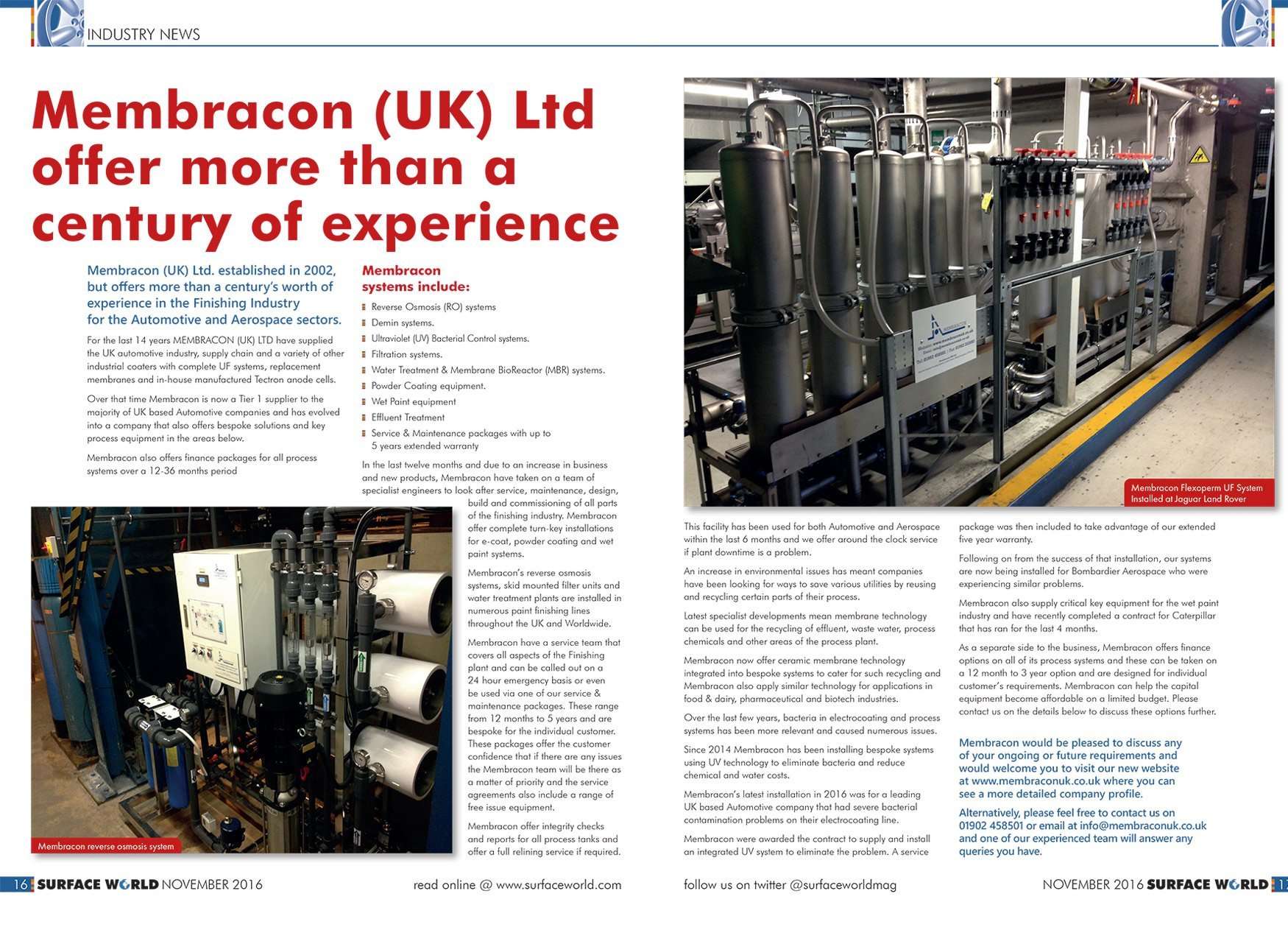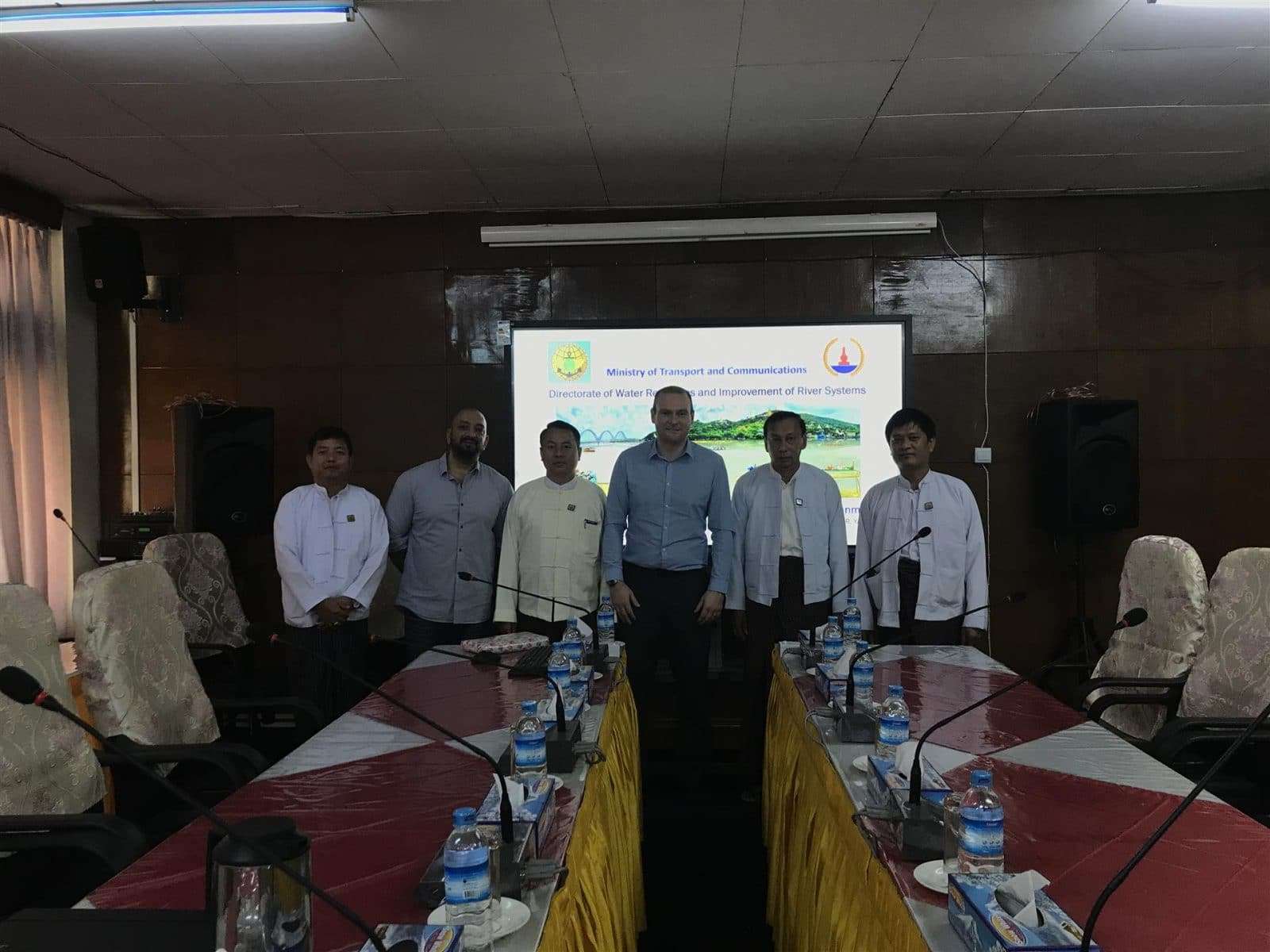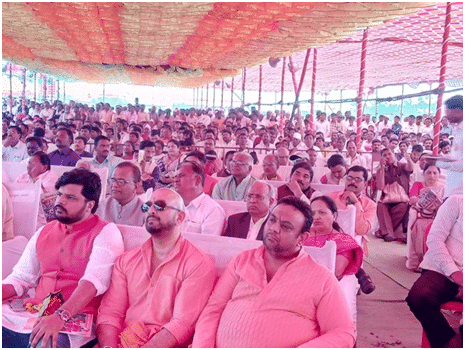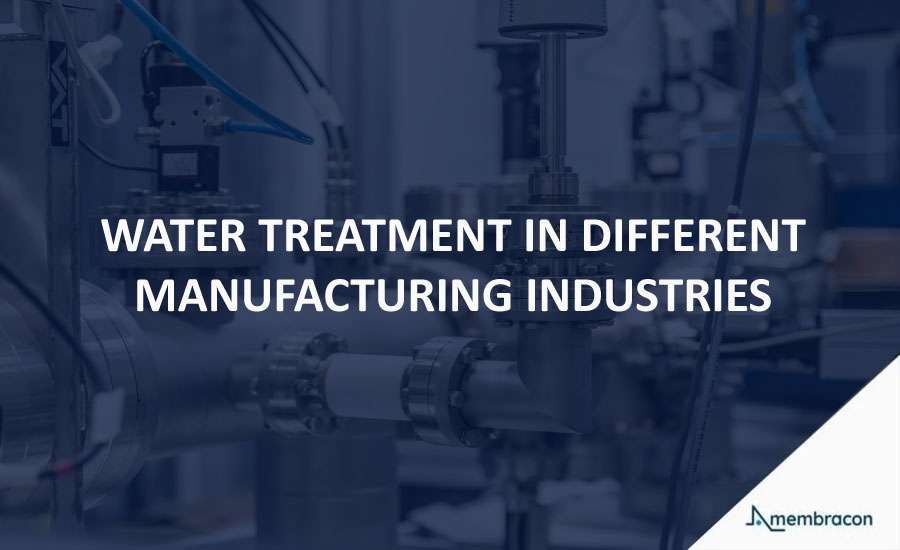
Water treatment in different manufacturing industries
Water plays a critical role in industrial processes, serving as a vital resource for manufacturing goods and maintaining machinery and supplies. However, the quality of water can differ depending on its source, whether it is from a deep well, lake, river, or municipal supply.
To address water quality concerns, different treatment methods are available, with the optimal approach determined by factors such as the water type, desired purity levels, and the intended application.
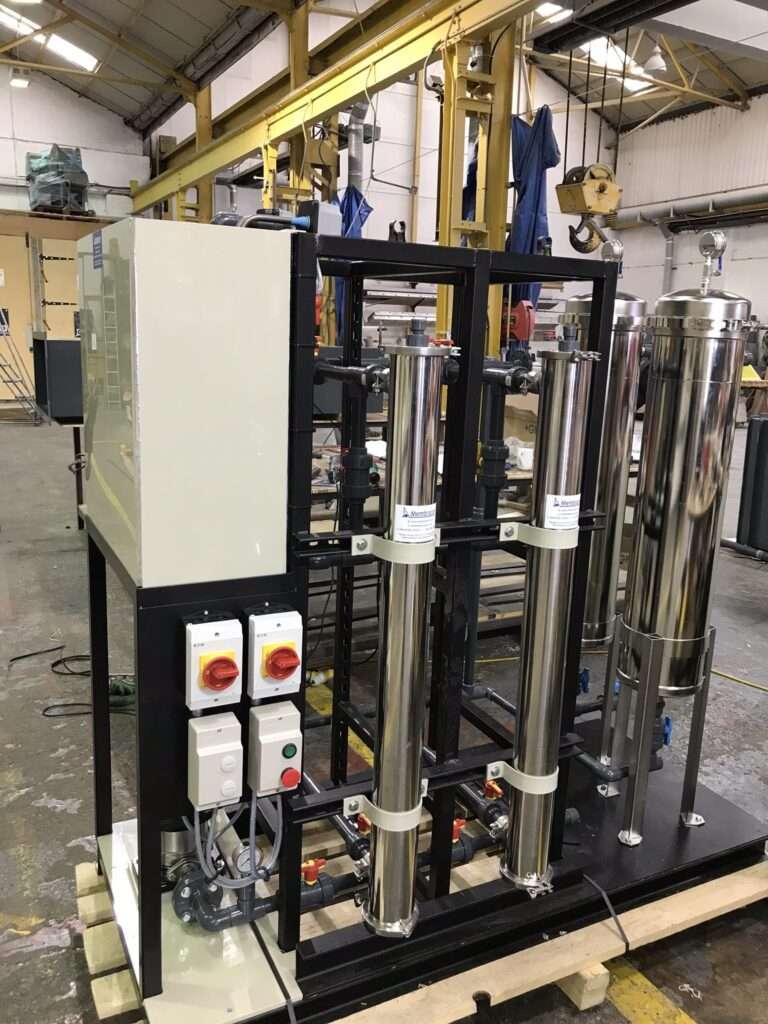
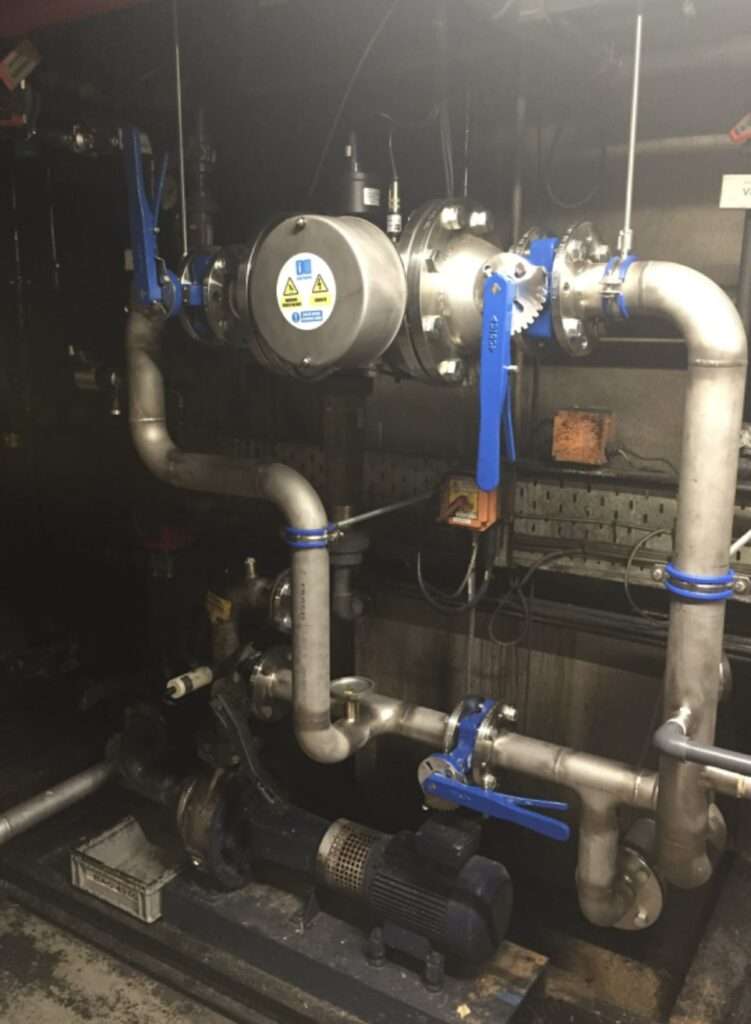
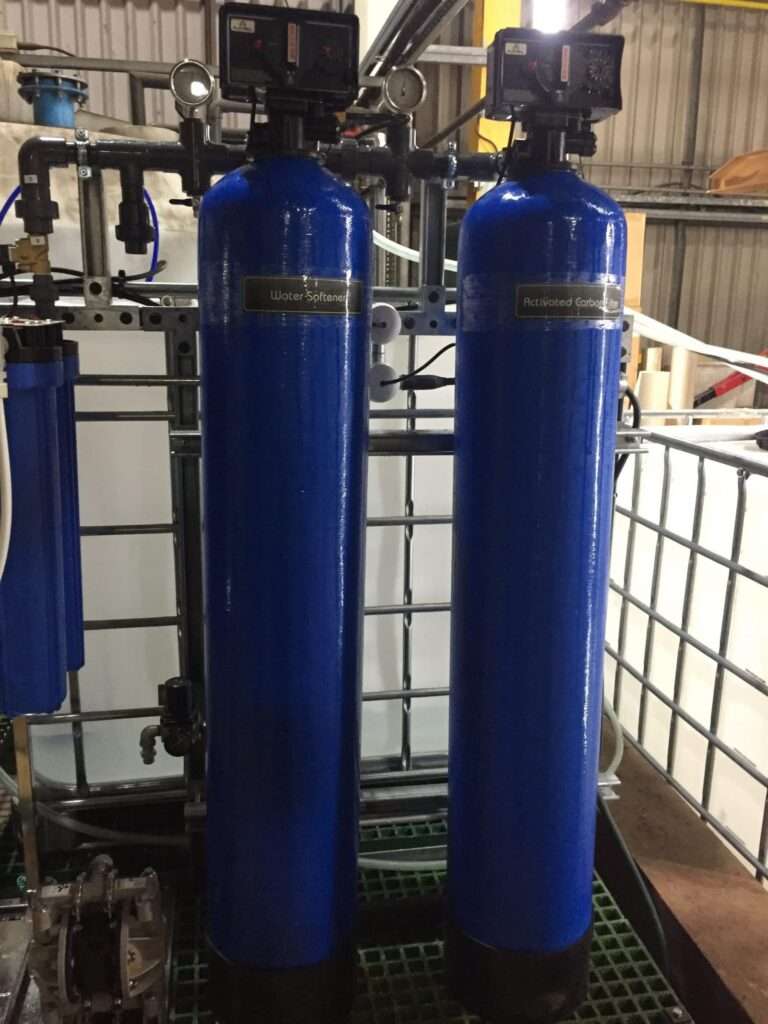
1.Food and beverage industry:
The quality of water used directly affects the quality of food and drinks produced. Drinking water is commonly used for preparation, dilution, and services. The most common techniques for obtaining drinking water include disinfection, granular media filtration, softening, reverse osmosis, ozone, and UV light sterilization. Other crucial stages in drinking water treatment include activated carbon adsorption and ion exchange resins. Strict pH control may also be necessary in some circumstances.
2.Pharmaceutical industry:
High-quality water is required for both manufacturing pharmaceutical products and maintaining and cleaning the machinery involved. Pharmaceutical water is derived from drinking water, but it must undergo reverse osmosis or another de-ionizing method to achieve exceptional quality. Three common types of water are used in pharmaceutical production: filtered water, extremely pure water, and water for intravenous use. Techniques such as reverse osmosis, deionization, and ultrafiltration can be used to produce exceedingly pure water. Distillation is the final step in obtaining injection water, which is contaminant-free and has a different boiling point. Without access to potable water, the pharmaceutical industry must manufacture and treat its water for pharmaceutical usage.
3.Water use in the mining sector:
Water is essential in the mining industry, mainly for cleaning minerals and for some equipment’s unit functions such as grinding and drying. The water used in mining does not have to be as pure as in the food and pharmaceutical industries, and it can even be reused. The main challenge for this industry is how to treat water after it has been used in their processes. The products obtained in the mining sector typically require washing with water and chemicals to separate the intended product from the mineral and other compounds it contains.
Types of liquid filter media:
A filter medium is any substance that is permeable to one or more components of a mixture, solution, or suspension and impervious to other components. Filter media come in various types, including textiles and meshes made from natural fibers like cotton, polymers, or metals, non-woven materials that are a collection of fibers joined by physical or chemical processes, membranes made of ceramics or polymers, and granular substances used in deep-bed filters or tightly packed columns. The form and size of the granular media determine the size of the voids created.









